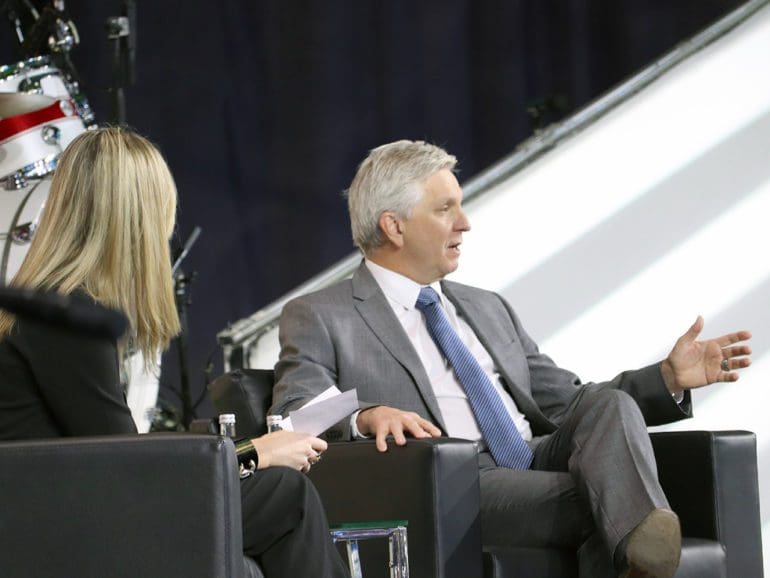New regulations for peer-to-peer lending in Thailand are scheduled for approval by the end of the year; the new regulations will be formulated from an open comment, public hearing which ended on October 15; a licensing process is also expected to follow in 2017. Source
Last year the U.S. House passed a crowdfunding bill (H.R. 2930 – Entrepreneur Access to Capital Act) but it has...
Chapman and Cutler provide insight on regulation in marketplace lending in their annual survey publication titled, "The Regulation of Marketplace Lending: A Summary of the Principal Issues"; covers a wide range of marketplace lending regulatory aspects for consideration; includes court case rulings and government involvement; also provides details on the status of marketplace loans as securities, applicable securities laws and more. Source
Fed Reserve Governor Christopher Waller said that FedNow will launch a country-wide interstate highway for payments in about six months.
I was in Washington DC last week for the fourth annual Online Lending Policy Summit. This one day event is...
·
With 2.6 million people and the highest remittances in Africa, Nigeria is currently the 7th most populous country in the world.
The Financial Conduct Authority (FCA) has approved LendingCrowd for full FCA authorization which allows the company to offer investments through IFISAs; the approval follows a £2.75 million Scottish Enterprise investment in the platform's small business loans last week; the FCA's last approval was in October for P2PFA member firm, Lending Works. Source
The responsibility for managing compliance is increasingly falling on fintechs. Here are seven areas where fintechs need to focus.
Colorado passed a law this week that could have a dramatic effect on the ability of fintech lenders to do business in the state.
In the light of the enforcement action against Farmington State Bank, Michele Alt of Klaros Group, gives four lessons for anyone considering acquiring a bank.







